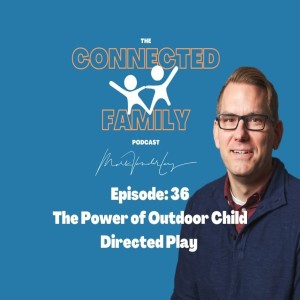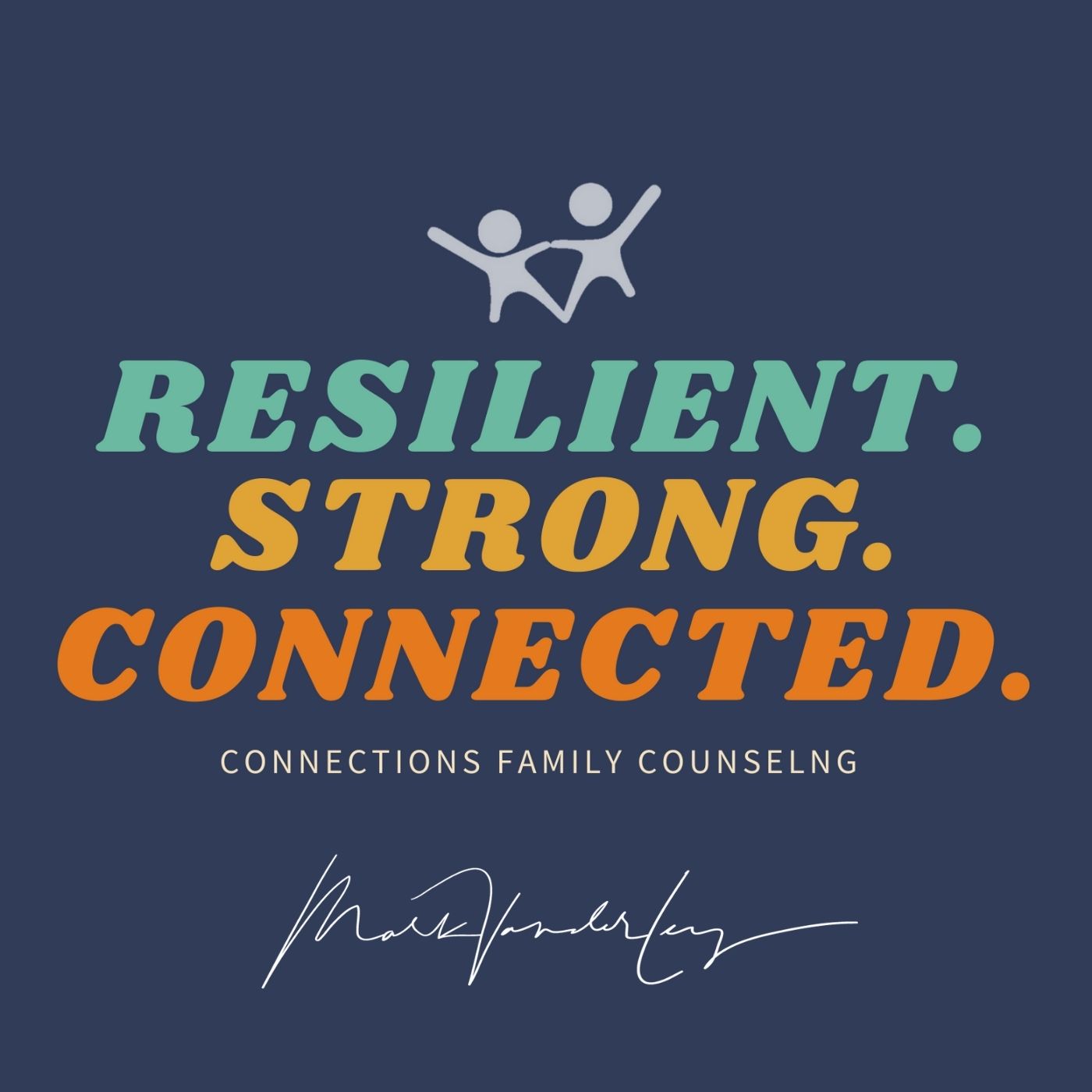Episodes

Monday Oct 26, 2020
The Power of Outdoor Child Directed Play
Monday Oct 26, 2020
Monday Oct 26, 2020
I was born in a small midwestern town and lived in that town until my family moved to Southern California when I was in fourth grade. I have very fond memories of playing outside with the neighborhood kids for hours at a time. I remember games like ghost in the graveyard, annie annie over, and freeze tag. I even remember walking down the road with my friend to fish in the pond that was located in the corn field adjacent to our subdivision. I returned to visit that same small town several years ago for a friend’s wedding and drove through the old neighborhood. I expected to see kids running through the neighbor’s back yards and to walk down to the pond in which I had caught my first fish. I was surprised that the pond was no longer there, as the field had been developed for houses. More disappointing was the emptiness of the street. There were no kids outside playing with one another. Have all the young kids grown up? Are there no kids left in this neighborhood?
Several years after this visit when I was working as a therapist for teenagers, I began to get a better understanding of what happened to this neighborhood. I was talking to a young man and I asked him what he was good at. He thought for a little while and said, “video games”. I said, “oh cool, what are some other things you are good at?” He thought for bit longer this time, and said, “I am only good at video games.” I was pretty shocked by his belief that he was only good at video games. He was well liked among his peers, intelligent, handsome, and physically fit. Yet, the only strength he could come up with was video games. Since those first days as a counselor I have run into many other young men with a similar view of self.
I believe that this limited view of self is caused in part by the decrease in outdoor free play for many children today. A 2004 study by Rhonda Clements at Hofstra University surveyed 830 mothers regarding their level of outdoor play as children and that of their children. 85 percent of the mothers agreed that children today play outside less than children did in years past. 70 percent of the mothers reported playing outside everyday as a child compared to only 31 percent of their children. The survey found that the number of children playing games with child created rules has dropped from 85 percent of the mothers to 33 percent of their children. The only outdoor activity that children in the survey did more than their mothers was adult organized youth sports.
I strongly believe that children, especially boys need to be outside engaging in child created play. The three main benefits that I see from this type of play are self-confidence, imagination, and social skills.
Self-Confidence:
There is no better place for a child to test the limits of their abilities than the outdoors. This could be climbing the ladder to the slide for a young child, making it all the way across the monkey bars for a school aged child, or taking on the older kids in a basketball game for a middle schooler. These activities are physical, mental, and psychological challenges that push a child just one small step past their current ability. These small steps over a number of months or years build into a series of successes or failures that allow children to take on the challenges of the future.
Imagination:
The great outdoors is filled with opportunity to increase imagination. This may include the hiding place under the porch stairs used to dig for treasure. The snake habitat made from a puddle, grass clippings, and rocks, or the delicious mud pies served up to mom and dad. These child created exercises in make believe are the classroom in which future artists, teachers, engineers, and, doctors hone their skills. The skills necessary to create new masterpieces, work with the difficult learner, create a bridge or heal disease.
Social Skills:
Possibly the most important benefit of child created outdoor play are the lessons of how to get a long with others. Children will argue forever about the rules of a game before it ever begins. They may even stop in the middle of the game to renegotiate expectations. The temptation as parents is to stop the bickering, and make the rules for them so they can get on with the play. Remember though, that the bickering is the point. The most social learning is taking place during the negotiation. This is when they are learning to communicate, take turns, and accept another’s point of view.
Sometimes it seems like we must do more, more, and more for our kids. I propose you do less. Cut out a sport or two, scale down the lessons, and stay home a few nights a week while the kids create a world of play in your back yard.
Connections Family Counseling Website


No comments yet. Be the first to say something!